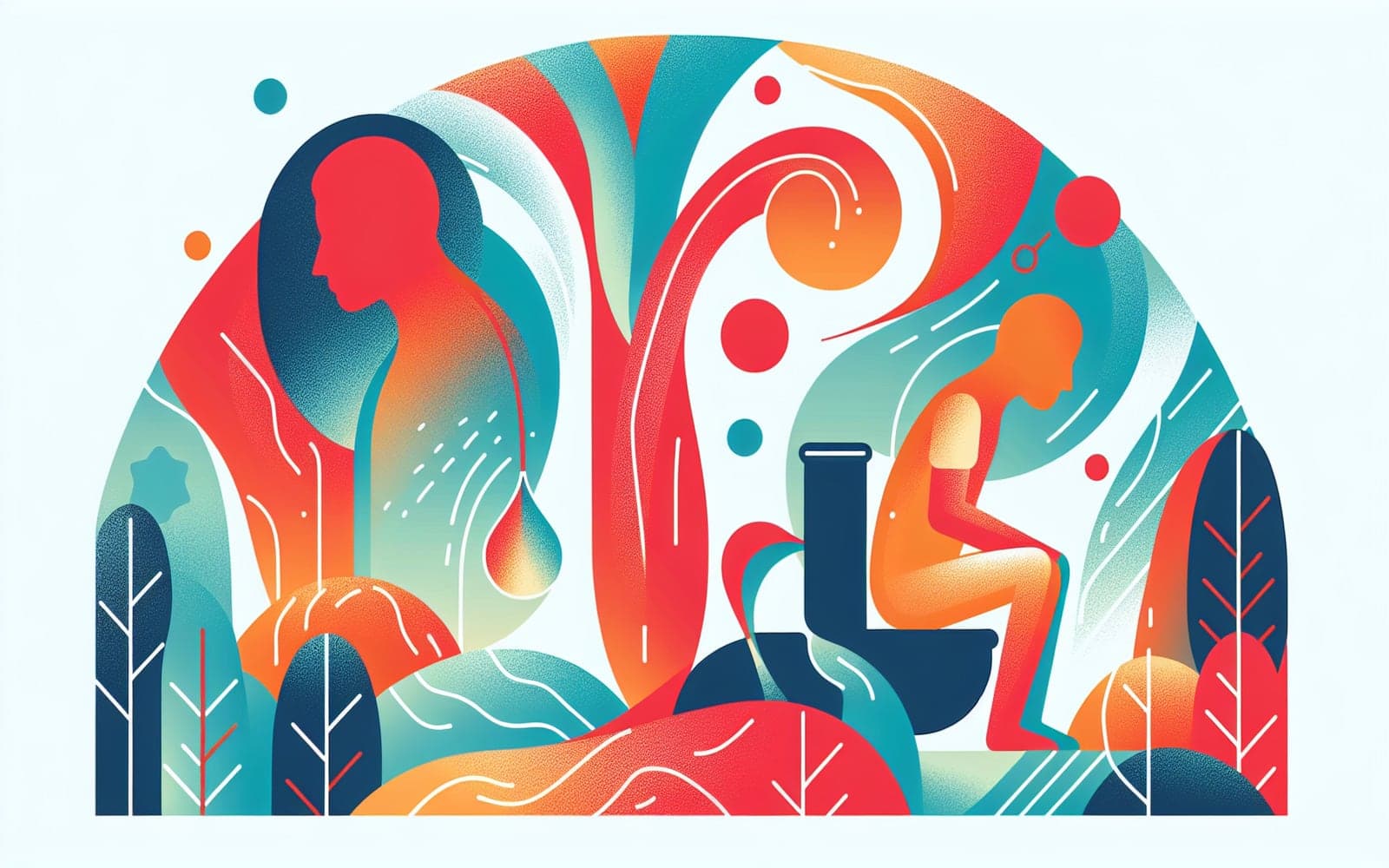Why Do We Wake Up at Night to Pee? Understanding Nocturia
Published: Dec 31, 2023
Nocturia is when you wake up at night needing to pee, and it can seriously disrupt your sleep. This article explores what nocturia is, its causes, and why it's more than just a nighttime annoyance.
Contents
What Exactly is Nocturia?
Nocturia is not a disease but a symptom where you wake up at night to urinate. It's considered significant if it happens twice or more per night. Unlike bed-wetting, nocturia involves waking up because you need to go. It's common as people age and can affect quality of life by disturbing sleep.
Who is Most Affected?
The chances of having nocturia increase as you get older. It's more common for women under 50 and more common for men over 60. Factors like race and socioeconomic status can affect how often people experience nocturia, with higher rates seen in Black and Hispanic adults.

Why Does Nocturia Matter?
Nocturia can be more than a nuisance; it can increase risks of depression, falls, and fractures in older adults. It significantly impacts sleep quality, which can lead to fatigue and affect daily activities. Addressing nocturia can improve mental and physical well-being.
Frequently Asked Questions
Nocturia is waking up at night to urinate.
Older adults, especially men over 60.
It disrupts sleep and can cause health issues.
Many do, but not everyone.
Key Takeaways
Nocturia is a common issue that can affect overall health and well-being, particularly in older adults.
Talk to Doctronic about nocturia and see what solutions might work for you.Related Articles
References
Haylen BT, de Ridder D, Freeman RM, et al. An International Urogynecological Association (IUGA)/International Continence Society (ICS) joint report on the terminology for female pelvic floor dysfunction. Int Urogynecol J 2010; 21:5.
Tikkinen KA, Johnson TM 2nd, Tammela TL, et al. Nocturia frequency, bother, and quality of life: how often is too often? A population-based study in Finland. Eur Urol 2010; 57:488.
Always discuss health information with your healthcare provider.

